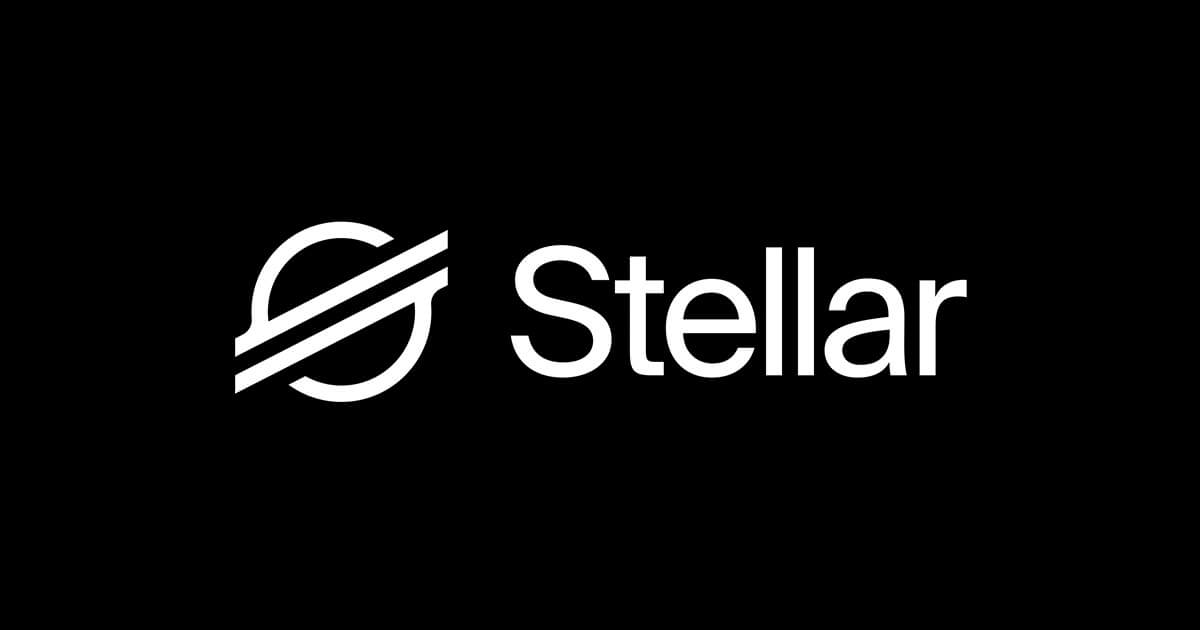|
Getting your Trinity Audio player ready...
|
German authorities have intensified their efforts against unauthorized cryptocurrency exchange providers, aiming to curb criminal activities facilitated by unregulated platforms. In a significant enforcement action, the Federal Criminal Police Office (BKA), along with the Frankfurt Public Prosecutor’s Office, shut down 47 illegal crypto exchanges. These platforms, accused of money laundering and other illicit operations, had reportedly been used by cybercriminals, including ransomware groups and darknet dealers.
Unregulated Exchanges – Safe Havens For Cybercrime
The recently deactivated exchanges had been operating without adhering to the Know Your Customer (KYC) norms, a critical regulatory requirement designed to prevent illegal transactions. By bypassing KYC protocols, these platforms allowed users to trade cryptocurrencies anonymously, becoming magnets for cybercriminals seeking to move illicit funds across borders undetected.
According to law enforcement officials, these platforms played a key role in facilitating the laundering of substantial sums of money. The shutdown is part of Germany’s broader initiative to crack down on cybercrime in the crypto space, where anonymous transactions have proven to be a major loophole.
Building on Past Successes – Germany’s Continued Cybercrime Crackdown
This latest crackdown builds on previous successes, such as the 2023 shutdown of ChipMixer, a notorious crypto mixer operating on the darknet. Authorities seized approximately €90 million from ChipMixer’s servers, dealing a significant blow to cybercriminal networks that relied on its services to obfuscate the origin of illicit crypto funds.
Germany’s resolve in combating cybercrime extends beyond just crypto-related platforms. The takedown of large-scale malware networks, such as Qakbot and Emotet, also highlights the country’s determination to protect global internet users from ransomware attacks and other forms of cyber espionage.
The extensive user and transactional data collected from these illegal exchanges could provide valuable leads for ongoing investigations, potentially uncovering more criminal networks and further curbing the rise of cybercrime in the country.
Interestingly, while German regulators are cracking down on illegal platforms, major financial institutions are moving in the opposite direction—toward regulated and compliant cryptocurrency trading. In a move that signifies the evolving landscape of digital assets in Germany, Commerzbank, one of the country’s leading banks, has started offering regulated cryptocurrency trading services to its institutional clients.
Partnering with Deutsche Boerse’s Crypto Finance unit, Commerzbank now provides Bitcoin and Ether trading and custody services. This initiative marks a notable shift, as traditional financial institutions increasingly recognize the growing demand for crypto services while ensuring compliance with stringent regulatory frameworks. Deutsche Boerse’s Crypto Finance had previously signed a similar agreement with Zürcher Kantonalbank (ZKB) in Switzerland, underscoring a broader trend of institutional adoption across Europe.
Also Read: Germany Dumps 88% Of Seized Bitcoin: 6,146 BTC Left To Sell
A Future Defined By Regulation and Trust
Germany’s dual-pronged approach—cracking down on unregulated exchanges while fostering a regulated ecosystem for institutional crypto trading—highlights its commitment to maintaining a secure and trustworthy digital finance environment. As regulators continue to dismantle illegal operations, the focus is on ensuring that crypto markets can thrive within a framework of compliance and transparency.
This trend not only helps curb criminal activities but also positions Germany as a leader in the evolving global crypto landscape, striking a balance between innovation and regulation.
Disclaimer: The information in this article is for general purposes only and does not constitute financial advice. The author’s views are personal and may not reflect the views of Chain Affairs. Before making any investment decisions, you should always conduct your own research. Chain Affairs is not responsible for any financial losses.



